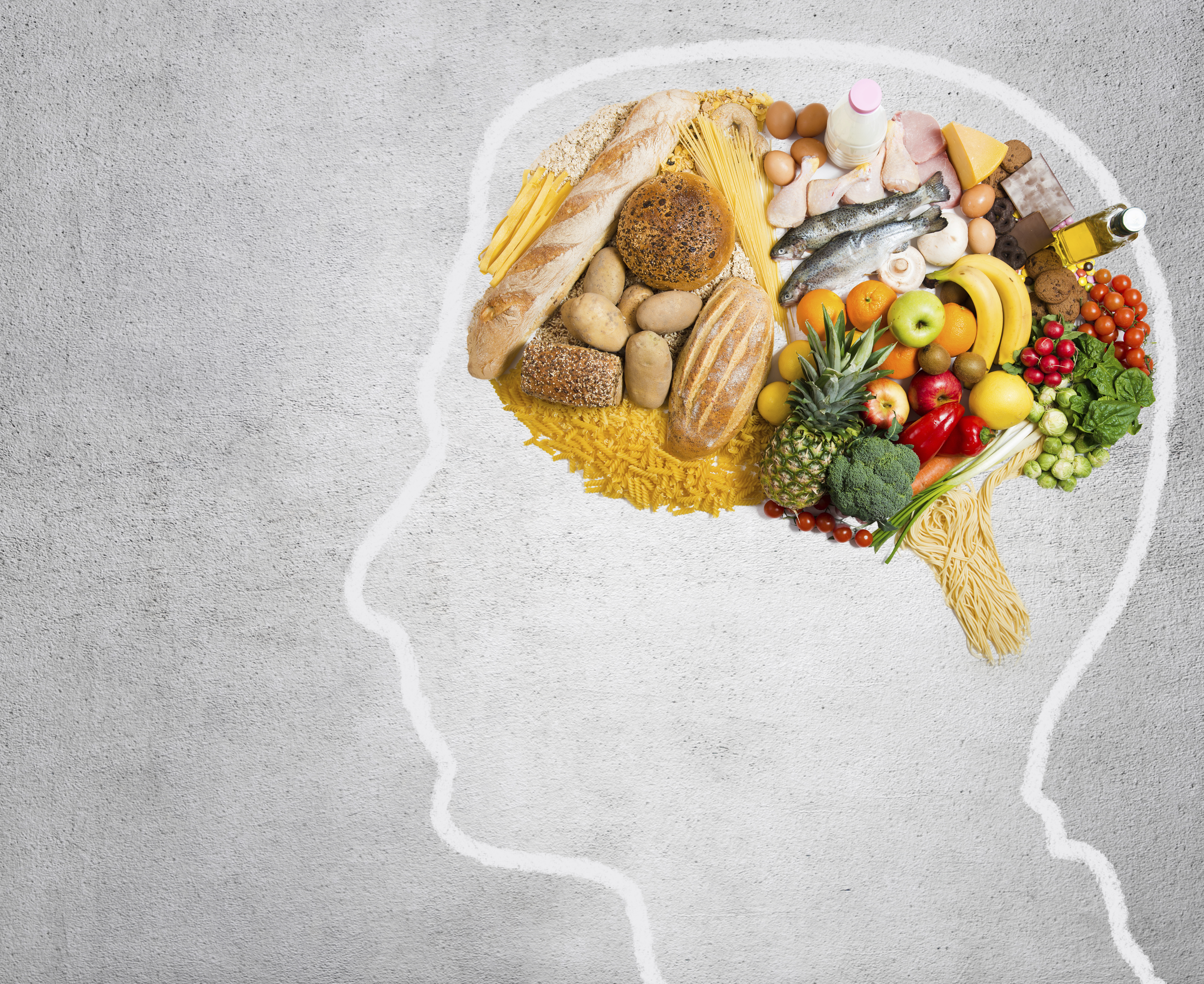A path to wellbeing and empowerment!
By Patricia O Sullivan
BSc, Pg Ed, Dip CT. CNM lecturer
The importance of cortisol and how you can regulate it through nutrition as well as mindfulness. For more check out our interview with Ruby Wax.
Those of you who like to read articles on health and wellbeing will be aware of the frequently mentioned hormone ‘Cortisol’ and its impact on health. More and more, students training in natural medicine at the College of Naturopathic Medicine report seeing Cortisol imbalance as one of the most common presenting complaints with patients attending clinic.
What is our current understanding of ‘Cortisol,’ and why is it so important? Cortisol is a hormone released in the body in response to Stress. But it is often misunderstood. As with so many things, Knowledge is Power. When we understand how Cortisol works and, most importantly, know when our Cortisol levels may be out of balance, then we can use Cortisol in a positive way and use it to empower ourselves.
Cortisol is essential for life, we cannot live without it, it plays a functional role. Long before it was hijacked by evolution as a stress hormone, Cortisol responded to the sun and its light and dark projection on our world. To this day, Cortisol responds to our body clock, increasing as we wake with the light in the morning and decreasing as we fall asleep in night-time darkness. The morning release of Cortisol hauls us out of our sleep, wakes us up and gets us going in the morning – this is known as the Cortisol Awakening Response (CAR). With this burst of Cortisol, blood is diverted away from our internal organs to our brains and muscles so we can increase alertness, take ourselves out of our sleep cycle and use our muscles to get up and move about. Cortisol communicates with the liver to make more blood glucose available so that we have energy to get up and go. However, Cortisol normally drops during the day, with perhaps a minor burst in the late afternoon, and then further lowers towards evening and during sleep.
What is really important for us all is to be able to identify when we have deviated from this rhythm because of stressors in our lives. If you feel your Cortisol level is staying high all day and not reducing at night, it is good to have a pre-planned rescue package ready in order to rebalance.
How does your body try and tell you that Cortisol has become elevated? Signs and symptoms may include feeling very tired or very overwhelmed, our mood and memory may diminish, we may crave alcohol, have insomnia or find ourselves frequently coming down with colds and flues, and we may find it really difficult to relax, as if the ‘on’ button is on all the time.
If we bypass this stage and the adrenals become ‘exhausted’ from prolonged overproduction of Cortisol, we can become intolerant to stress, where even the smallest stressor provokes a large reaction – inflammation and fatigue increase, aches and pains develop throughout the body and we feel tired all the time.
These signs and symptoms are there to tell us that we need to mind ourselves more. They are an awakening, a signal, a call for restoration, like a steam train running out of adequate fuel to power itself. At this point, we need to replenish our fuel stocks.
Restore/Replenish/Rebalance
Maintaining a balanced Cortisol cycle requires a holistic response and a correlation with a lifestyle that supports what Cortisol has evolved to do. Cortisol just wants to be treated right and to do its job. The following tips are hugely helpful if Cortisol is out of balance:
- Adopt a nutrient rich, anti-inflammatory diet full of antioxidant rich foods.
- Ensure you get sufficient sleep and alignment with the light/dark cycle.
- Avoid all stimulants.
- Balance blood sugars with diet.
- Avoid refined and simple sugars.
- Start every day with porridge oats (Avena sativa).
- Take a good multivitamin/multimineral.
- Take a good vitamin B-complex.
- Ensure moderate exercise and lots of fresh air, as time spent out in nature is deeply restorative.
- Shallow breathing increases the stress response, so improve breathing techniques, with plenty of emphasis on deep breathing.
- Make simple infusions which help calm the nervous system (Lemon Balm tea, Chamomile, Skullcap).
- If necessary, make an appointment with your local herbalist or naturopath who will make a herbal formula specific to you and your needs. (With Cortisol imbalance they are likely to prescribe adaptogenic herbs such as Siberian Ginseng or Liquorice in therapeutic dosages).
- Research shows that individuals with self-reported ‘eudemonia’ such as purpose in life, gratitude, self-acceptance and personal growth have a balanced Cortisol Circadian cycle and lower overall levels of Cortisol, so aim to be your highest self and practice gratitude every day.
- Optimists have more balanced Cortisol levels: so believe that you can make, and benefit from, positive change in the world.
- Most importantly of all, nurture who you are at the deepest level. Research has shown that even if genetics or early in-utero/childhood experiences have left us slightly more prone to high Cortisol, this can be reversed by integrating positive, nurturing habits that promote a natural Cortisol cycle.
Over the next week, aim to evaluate if your Cortisol levels are balanced and, if you suspect they are not, design your own personalised plan with the tips above!
For a private consultation with Patricia, contact presenthealth@hotmail.com
CNM is running seminars on Understanding and Rebalancing Cortisol:
Sept 13th (Cork) and Sept 14th (Dublin) www.naturopathy.ie
Application for all CNM diploma courses: Nutritional Medicine, Herbal Medicine, Acupuncture, Naturopathy now being accepted.
Open evenings in Dublin, Cork and Galway running throughout the summer.
See www.naturopathy.ie
Contact 012353094 or dublininfo@naturopathy-ireland.com



